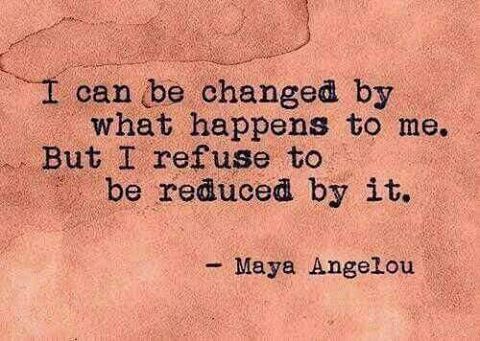In sports, mental toughness is defined as “the ability to consistently perform in the upper range of your talent and skill regardless of competitive circumstances.” The 2018 Winter Olympics in Pyeongchang, Korea have been rife with performances by athletes with well honed mental toughness, giving them the competitive edge over athletes with matched or even higher ranking talent. Two-time U.S. champion figure skater Nathan Chen was the gold medal frontrunner heading into the 2018 Winter Olympics, only to crumble under pressure during his Olympic debut, underscoring how critical it is for young athletes to harness mental toughness under extreme pressure. It was a devastating outcome for Chen, the most talented US men’s figure skater to compete in the sport in recent memory.

U.S. figure skater Adam Rippon’s incredible grace under pressure has been widely recognized during this winter’s Olympic Games, especially given the level of criticism he’s received for being the first openly gay American figure skater to ever compete at the Olympics. His positive attitude, willingness to lead with charisma and humor, and champion performances have catapulted him beyond just physical mastery as an athlete.

If anyone in the business world ever needed mental toughness at their disposal, it’s an entrepreneur. Investors and other tech industry insiders all agree that startup success is all about mental preparedness, tenacity, and skillful pitch execution under high stakes circumstances. Entrepreneurs regularly face cutthroat competitors and critics, and must be able to push their ideas and products past consumers resistance to change. In his most recent book “Executive Toughness,” Dr. Jason Selk discusses mental toughness and other shared traits between sports and business high performers. Given the self-driving nature of entrepreneurial work, startup founders must exemplify this critical trait to prevail. In his Harvard Business Review article “How the Best of the Best Get Better,” sports psychologist and former consultant to Olympic and world champions Dr. Graham Jones says, “Obviously, star athletes must have some innate, natural ability — coordination, physical flexibility, anatomical capacities — just as successful senior executives need to be able to think strategically and relate to people. But the real key to excellence in both sports and business is not the ability to swim fast or do quantitative analyses quickly in your head. Rather, it is [mindset] mental toughness.”
After living and working in and around Silicon Valley for more than 20 years I’ve seen firsthand the underpinnings of mental toughness, the stamina it takes to succeed here, and the price those people pay to stay at the top. Through executive coaching I’ve supported top organizational leaders through pivotal growth periods in life and business, leveraging best practices from peak performance psychology, cognitive neuroscience, behavioral design and critical communication skill acquisition.
Top 5 best practices for augmenting mental toughness:
- Notice the subtle shifts in your physiology and thought patterns, and where they drive your emotions, behaviors and decision-making. Cultivate control over this chain reaction through mindfulness training, and commit to embodying your most unflappable self in high stakes situations. Use tools like visualization, auditory prompts and self-directing phrases to tap into deep learning through habit formation.
- Prepare confidence-boosting engagement and response scripts to the three most challenging interpersonal situations you face. This is especially helpful for those who aren’t naturally charismatic, because they serve as a guideline for how to best interact with people. Well-developed and practiced interpersonal responses work to center you, bringing you back to a place of familiarity, reducing socially anxious reactions that can interfere with peak performance.
- Develop a relentless and optimistic ‘solution focused mindset’. It is so irresistible to ride the wave of emotion that surges when facing a hard problem. Our brains can get railroaded by our emotions, mimicking the addiction response and diminishing our ability to think critically and generate effective options. Approach all potential solutions one step at a time, giving yourself time to process your emotions first. Even mapping out a single step completion is progress and an improvement to the current situation. Remember you can’t solve all problems at once, so choose one and stay focused on it until measurable progress is made.
- When you set your mind to do something, find a way to get it done, no matter what. While a relentless solution focus is the mental step, behavioral discipline is the action step that makes effective solutions materialize. In this way, discipline delivers success. Make discipline a habit by looking out for triggering temptations and planning accordingly.
-
Be willing to embrace change. Mentally tough people are flexible, constantly adapting in order to solve for best possible outcomes. Fear of change is paralyzing and a major threat to one’s progress towards broader goals for fulfillment and happiness.
A backbone of mental toughness is essential for providing the courage and internal compass that top competitors rely on to steer through the challenges they face. It also emboldens them to take on new opportunities for learning and growth- healthy life habits for effectively navigating stress, conflict and crises. If you can develop mastery in this, you win!










You must be logged in to post a comment.